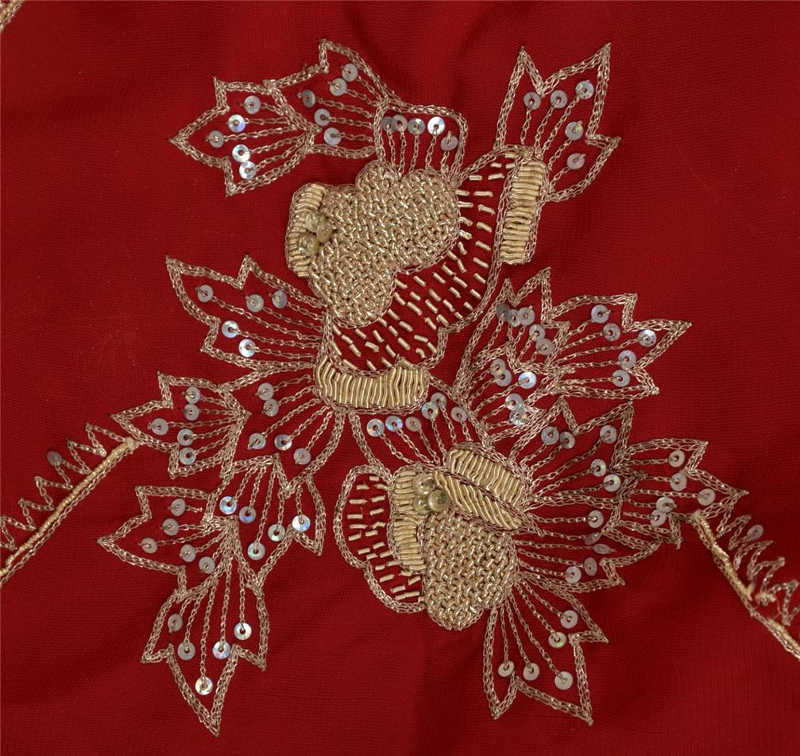===
0946,
3
===

=== |
 |
t̤asht : 'A large basin (of tinned copper, or of brass, &c., used for washing the hands, &c.), an ewer'. (Platts p.752)
daʿvâ : 'Pretension, claim; demand, suit; plaint, action at law, lawsuit; charge, accusation; contention, assertion'. (Platts p.519)
FWP:
SETS == MIDPOINTS
MOTIFS
NAMES
TERMS == DRAMATICNESSThere's also the elegant placement of ab that positions it as a 'midpoint'; it can be read with either the clause before it or the clause after it. The effect is dramatic either way; it's just a matter of a slight shift in emphasis either toward slaughter (of course, the basin is there to make the bloodshed less messy), or toward personal confrontation. The effect is indeed one of challenge (SRF uses the English word).
Note for translation fans: In the first line, those three repetitions of 'this' do look rather absurd ('this is a basin and sword'; 'this is I'; 'this is you'). They risk making the line sound like a piece of elementary language instruction. In my scrupulous adherence to clunky literalism, I don't care. But in a literary translation it would be better to go for something much closer to the desired colloquial effect ('It's just between me and you now, with no distractions or evasions possible'). In addition to the challenge, there's a kind of intimacy: this is the showdown (emphasized by three repetitions of yih ), now it's only 'I, and you'-- and of course the sword, and even a basin to catch the blood.
Compare Ghalib's version of this kind of intimately confrontational challenge to the beloved:
G{19,4}.
Ghalib is in fact fond of such 'I and you' verses; there's a list in G{71,2}.